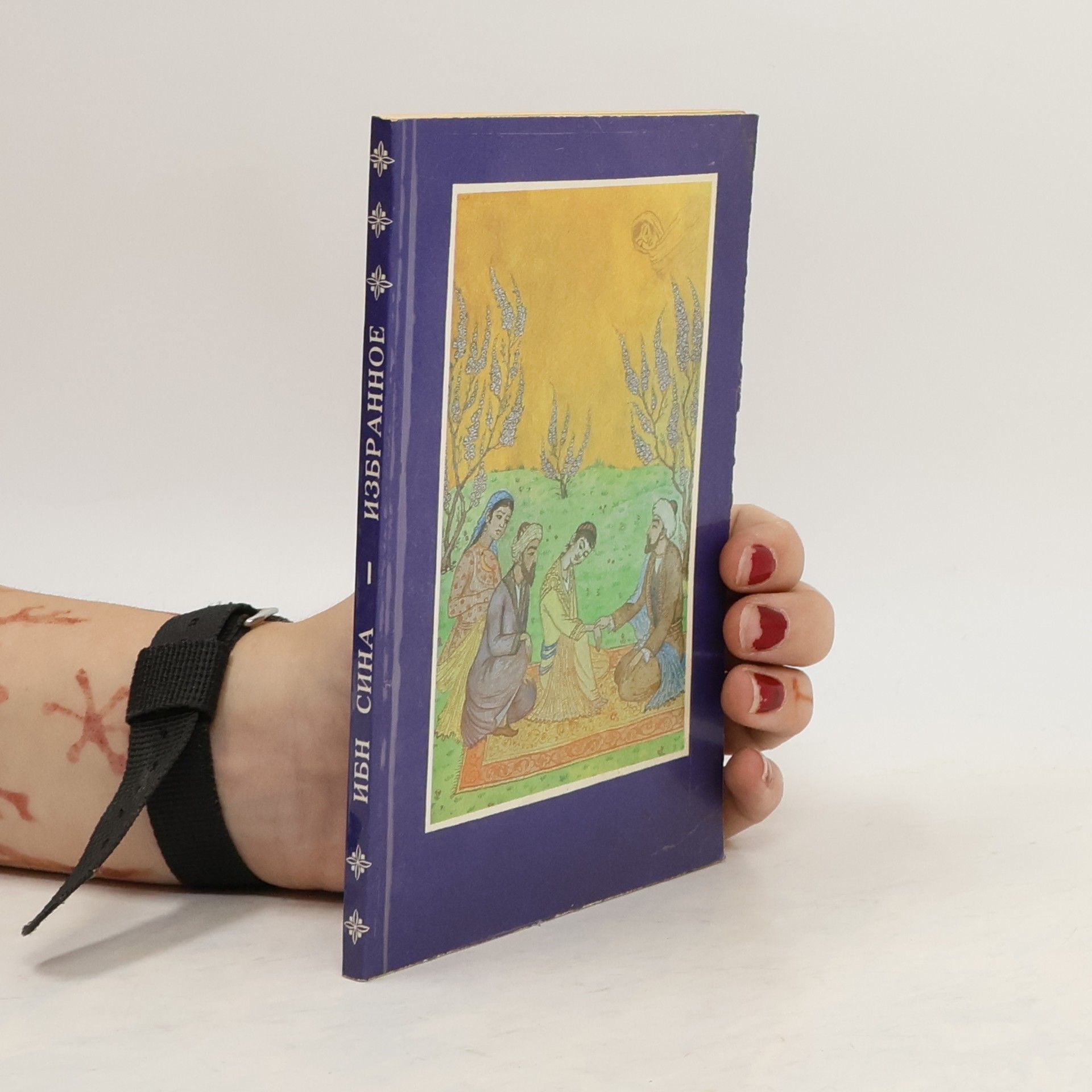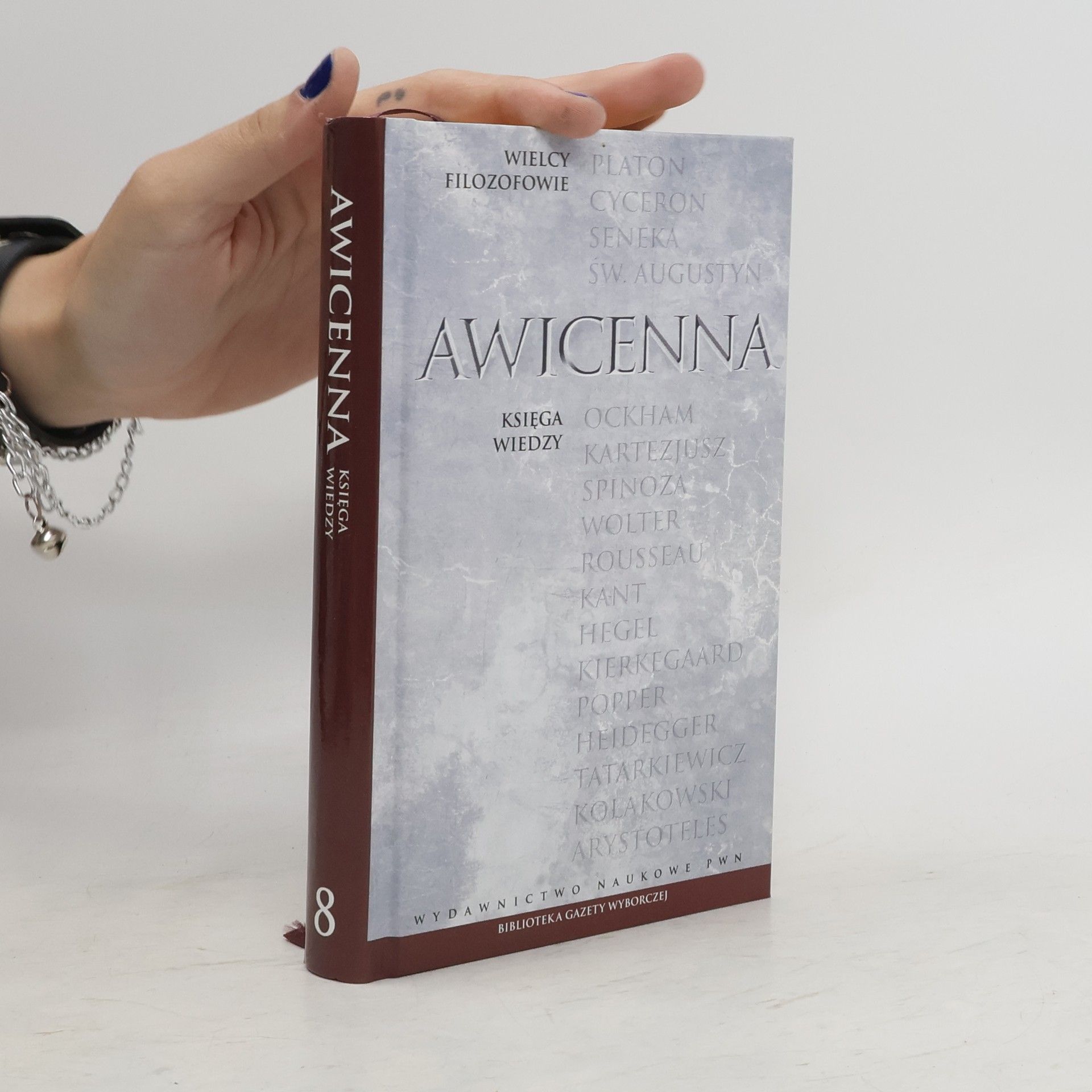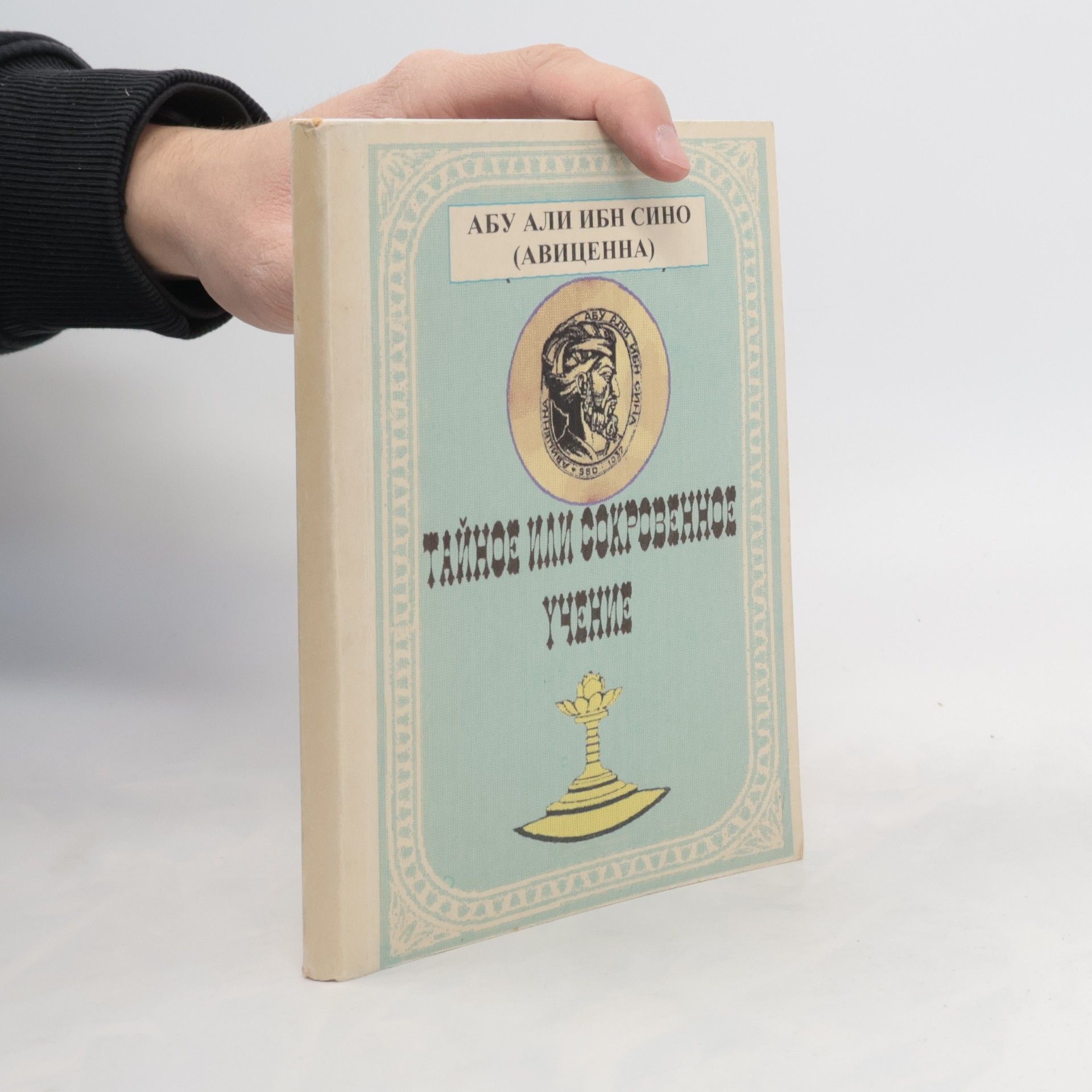Die Rolle der Araber in der Kultur- und Heilkunde des Mittelalters wird beleuchtet, wobei ihre frühe Auseinandersetzung mit der hellenistischen Bildung und deren Weitergabe an das Abendland hervorgehoben wird. Trotz einer zunehmend positiven Bewertung ihrer Leistungen bleibt das Wissen über die arabische Kultur und insbesondere ihre medizinische Literatur begrenzt und oberflächlich. Die Literaturgeschichte konzentriert sich vorwiegend auf biografische und bibliografische Aspekte, was auf einen Bedarf an tiefergehenden Studien hinweist.
Avicenna Bücher
Ein bedeutender polymath persischer Herkunft, der als führender Arzt und Philosoph seiner Zeit galt und das intellektuelle Denken maßgeblich prägte. Seine monumentalen enzyklopädischen Werke systematisierten das damalige Wissen, und seine medizinischen Schriften dienten jahrhundertelang als grundlegende Lehrbücher an europäischen Universitäten. Er war berühmt für seinen ganzheitlichen medizinischen Ansatz, der auf den Prinzipien antiker Meister basierte. Sein Vermächtnis umfasst über zweihundert Schriften, von denen viele bis heute durch ihre Tiefe und Bandbreite inspirieren.







Zusammengesetzte Heilmittel der Araber nach dem Fünften Buch des Canons von Ebn Sina
- 322 Seiten
- 12 Lesestunden
Láska jako cesta k Bohu je netradičním výběrem z rozsáhlého díla Ibn Síny, jednoho z nejvýznamnějších středověkých muslimských filozofů. Přináší tři spisy, které stály vždy v pozadí myslitelových velkých filozofických kompendií a medicínských sum, a které přesto dodnes jitří představivost orientalistů a vzbuzují dohady o autorově příklonu k mysticismu. Živý, syn Bdícího, Pták a Salamán a Absál jsou příběhy o iniciaci lidské duše při její duchovní cestě vzhůru směrem k Bohu. Tento vyprávěcí cyklus je vhodně doplněn čtvrtým spisem, Pojednáním o lásce, představujícím jeho filozofické zázemí a sdílejícím společné motivy lásky jakožto hybného principu duchovní poutě a andělského potenciálu lidské duše. Přeložila, sestavila a teoretickým úvodem doplnila Magdaléna Vitásková
Księga wiedzy
- 268 Seiten
- 10 Lesestunden



